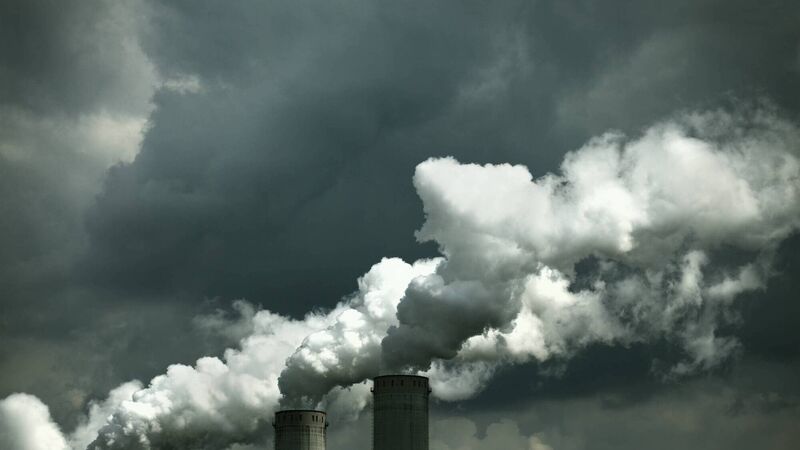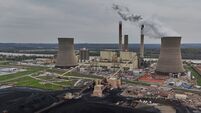Sharon Higgins: How Irish factories plan to meet their climate change obligations

Government and industry must collaborate to reduce the dependency on carbon. File image: iStock
Spanning successful indigenous companies to large-scale global companies, Irish manufacturing is one of the high-performing engines of our economy. However, this is shaping up to be a pivotal decade for emissions and climate change, as well as many other challenges.
Having emerged from the financial recession a decade ago, Ireland has encountered a pandemic, the great challenge of climate change, changes to the global tax regime, and Brexit.
CLIMATE & SUSTAINABILITY HUB














